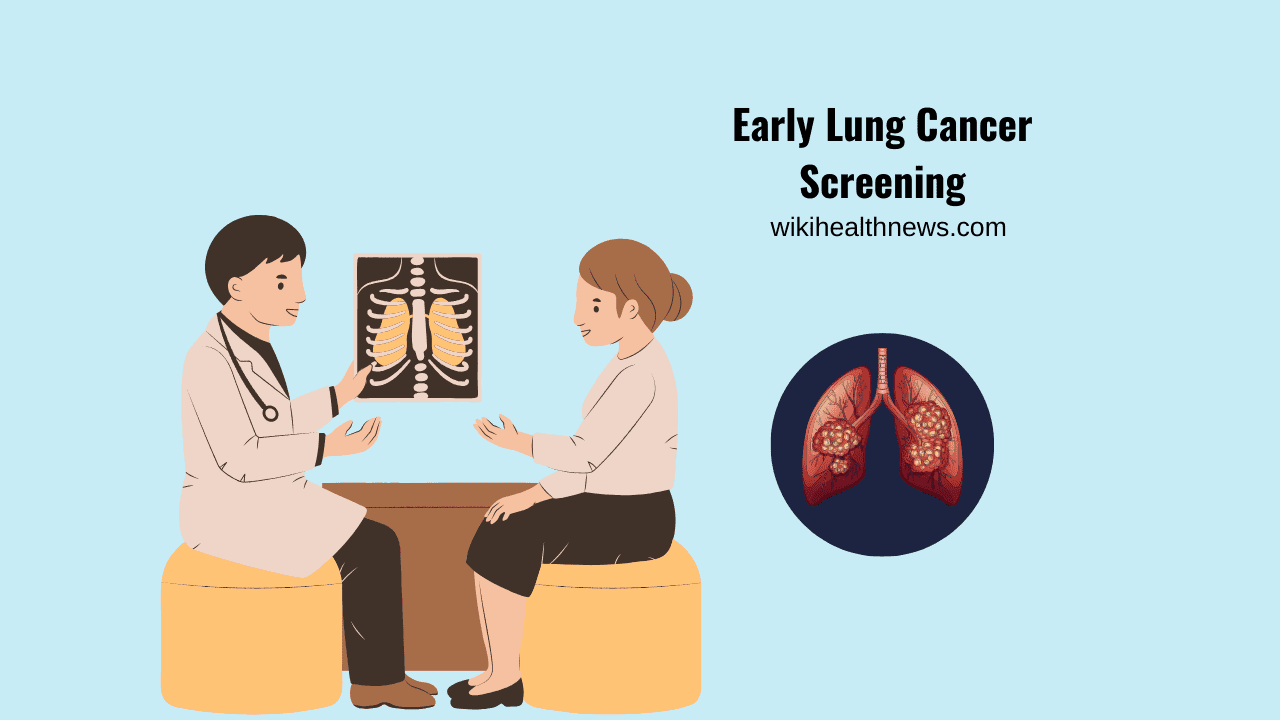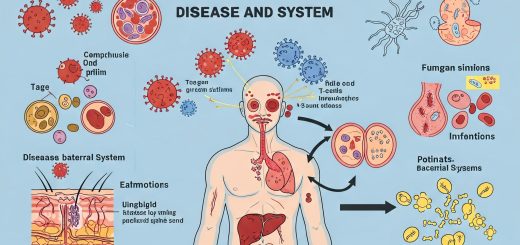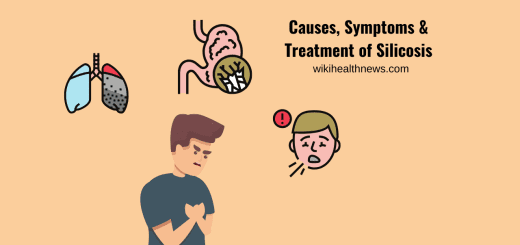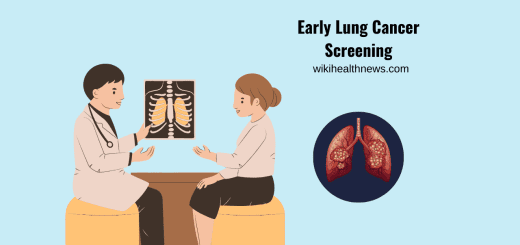Early Lung Cancer Screening: A Crucial Step for Early Detection and Better Outcomes

Lung cancer remains one of the leading causes of cancer-related deaths worldwide. Early detection plays a critical role in improving survival rates and offering better treatment options. Thanks to advancements in medical imaging and screening techniques, early lung cancer screening has become an important tool in identifying the disease before symptoms appear. In this article, we will explore the importance of early lung cancer screening, who should undergo screening, the methods available, and the potential impact on lung cancer outcomes.
Understanding Lung Cancer
Lung cancer develops when abnormal cells in the lungs begin to grow uncontrollably. There are two main types of lung cancer: non-small cell lung cancer (NSCLC) and small cell lung cancer (SCLC). NSCLC accounts for the majority of cases, while SCLC is rarer but more aggressive.
The survival rate for lung cancer is significantly lower compared to many other cancers because it is often diagnosed in the later stages when treatment options are more limited. This highlights the importance of early detection and why lung cancer screening has become a vital tool in improving patient outcomes.
What is Early Lung Cancer Screening?
Early cancer screening involves using medical imaging, usually a low-dose computed tomography (CT) scan, to detect early signs of lung cancer in individuals who are at high risk but show no symptoms. The goal is to identify cancers at an early stage, when they are more treatable and before they spread to other parts of the body.
Unlike other cancers, such as breast or prostate cancer, lung cancer often doesn’t present symptoms until it has advanced. This makes routine screening particularly important for people at higher risk, as it allows for early detection and treatment that can increase the chances of survival.
Who Should Be Screened for Lung Cancer?
According to guidelines set by several health organizations, including the U.S. Preventive Services Task Force (USPSTF) and the American Cancer Society (ACS), lung cancer screening is recommended for individuals who meet specific criteria. These criteria are based on age, smoking history, and overall lung cancer risk.
The general guidelines for screening include:
- Age: Individuals aged 50 to 80 years.
- Smoking History: Current smokers or those who have quit within the last 15 years.
- Smoking History Quantity: At least a 20 pack-year history (equivalent to smoking one pack of cigarettes per day for 20 years).
- Overall Health: Patients must be in good enough health to undergo treatment in case cancer is detected.
These individuals are at a higher risk of developing lung cancer, and early detection through screening can potentially save lives.
Why is Early Lung Cancer Screening Important?
The early stages of lung cancer may not present any symptoms, which is why the disease is often diagnosed at a more advanced stage. By the time symptoms such as persistent cough, chest pain, shortness of breath, or coughing up blood appear, the cancer may have already spread to other parts of the body, making treatment more difficult.
Screening provides a proactive approach, allowing for the identification of lung cancers before symptoms arise. Detecting lung cancer at an early stage can significantly improve the chances of successful treatment and recovery. Studies show that patients with early-stage lung cancer have a higher survival rate compared to those diagnosed at later stages.
In addition to better survival outcomes, early detection can also reduce the need for aggressive treatments, such as chemotherapy or surgery, by catching the disease when it is localized and more manageable.
Methods of Lung Cancer Screening
The primary method for lung cancer screening is low-dose CT (LDCT) scanning, which has proven to be effective in detecting early-stage lung cancer. LDCT is a type of CT scan that uses lower doses of radiation than regular CT scans, making it safer for repeated use in screening.
Low-dose CT (LDCT) Scan: This non-invasive test takes detailed images of the lungs and can detect small tumors that may not be visible with other imaging techniques. It has been shown to reduce lung cancer mortality by up to 20% in high-risk individuals, as evidenced by the National Lung Screening Trial (NLST).
Other screening methods are still being explored, including blood tests, sputum tests (examining mucus from the lungs), and other imaging technologies like MRI or PET scans. However, LDCT remains the most widely used and studied method for lung cancer screening.
Benefits of Early Cancer Screening
- Improved Survival Rates: Detecting lung cancer at an earlier stage increases the likelihood of successful treatment. Early-stage cancers are often confined to the lungs and can be treated with surgery, radiation, or localized therapies.
- Reduced Mortality: The main goal of screening is to reduce lung cancer mortality. Studies have shown that regular screening with LDCT can lower the death rate from lung cancer by detecting tumors in their early stages.
- Minimizing Aggressive Treatments: Early detection may reduce the need for invasive procedures like chemotherapy or radical surgery, leading to a better quality of life for patients and less strain on healthcare resources.
- Better Treatment Options: When cancer is detected early, there are more treatment options available, and doctors can tailor the treatment plan to the patient’s specific condition and needs.
- Cost-Effective in the Long Run: Though screening may seem costly upfront, it is often more cost-effective in the long run by reducing the need for expensive treatments that are required when cancer is diagnosed at a later stage.
Risks and Considerations
While early lung cancer screening has proven benefits, it is important to consider potential risks and limitations. Not all individuals are candidates for screening, and screening does not guarantee that cancer will be detected early in every case. Other risks include:
- False Positives: Sometimes, a screening test may show abnormal results that turn out not to be cancer. False positives can lead to unnecessary tests, biopsies, and anxiety for patients.
- False Negatives: In some cases, screening might not detect a small tumor or cancerous growth, leading to a false sense of security.
- Radiation Exposure: Although the amount of radiation used in LDCT is low, repeated exposure over time can slightly increase the risk of other cancers.
It is essential for individuals to discuss the potential risks and benefits of lung cancer screening with their healthcare provider, who can help determine whether screening is appropriate based on their specific risk factors.
The Future of Lung Cancer Screening
As technology advances, the future of lung cancer screening may involve a combination of different methods, including blood tests and advanced imaging techniques, to improve detection rates and reduce the risks associated with false positives and negatives. Researchers are also exploring the potential of genetic and molecular biomarkers to better identify individuals at risk of developing lung cancer.
Personalized approaches to screening based on genetic and lifestyle factors may also become more common, allowing for tailored screening schedules and more accurate results.
Conclusion
Early cancer screening has the potential to save thousands of lives by detecting the disease before it spreads, providing individuals with better treatment options and improved survival rates. With the use of low-dose CT scans, healthcare professionals can detect lung cancer at its earliest stages, allowing for less invasive treatments and better outcomes. If you are at high risk for lung cancer, discuss screening options with your doctor and consider taking advantage of this life-saving tool. As research continues, we may see even more advancements in early detection, further improving the prognosis for lung cancer patients around the world.
By raising awareness about the importance of early lung cancer screening, we can encourage more individuals to take preventive action and potentially save lives in the process.
Read More











